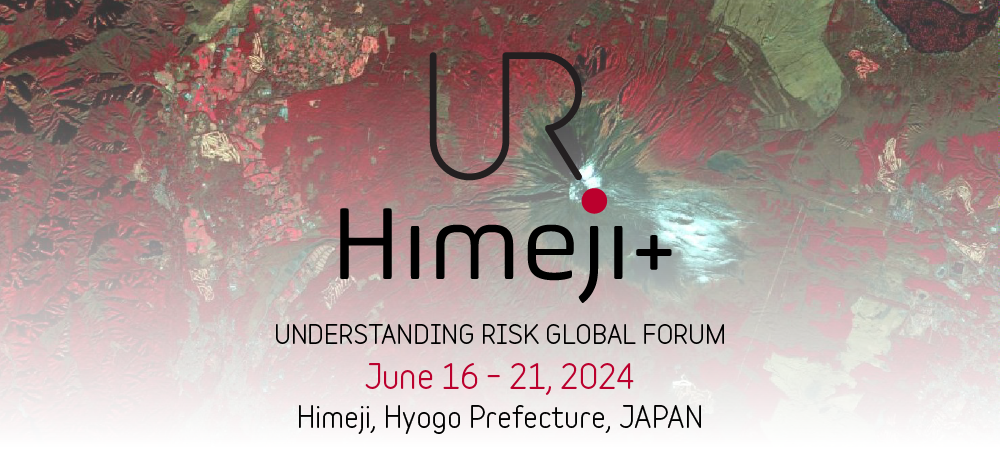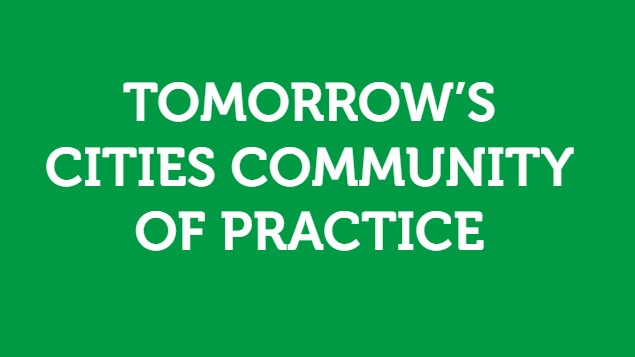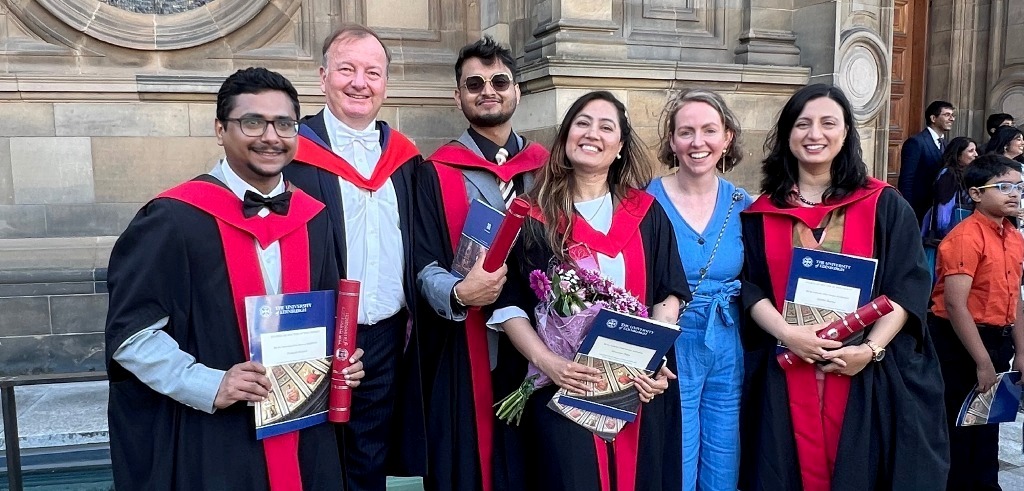
- Close
09/07/2024 |
Can we reduce risk in data scarce urban areas? Reflections from the Understading Risk Global Forum 2024

At the invitation of Tomorrow’s Cities, a panel of experts convened during the Understanding Risk 2024 conference in Himeji, Japan, to discuss the challenges and opportunities for disaster risk modelling in data-scarce, unequal, and yet-to-be-built urban contexts. The panellists and audience concluded that disaster risk reduction efforts should not be deterred by data scarcity. Instead, they emphasized that this challenge can be transformed into an opportunity to leverage open data, engage with local stakeholders, and enhance risk awareness in local communities.
Last week, at the Understanding Risk 2024 Conference in Himeji, Japan, Tomorrow’s Cities organized a full-day focus session that brought together experts, practitioners, and policymakers to explore how to achieve low-risk, equitable urban futures through inclusive planning approaches and people-centred risk modelling techniques.The day featured discussion panels, interactive demonstrations, and an exhibition showcasing the hub’s work and advancements across nine cities in the global south.
The morning panel, dedicated to exploring the challenges and opportunities for disaster risk modelling in data-scarce urban contexts, featured a distinguished group of experts: David Lallemant, Associate Professor in Climate and Disaster Risk Modelling and Engineering at the Asian School of the Environment, Nanyang Technological University, Singapore; Emin Menteşe from ANOFA Engineering, Planning and GIS, Turkey, who also leads Urban Scenarios component of the TCDSE; Joerg Noenning, Professor for Digital City Science at the Hafencity University Hamburg, Germany; and Roberto Gentile, Assistant Professor at the Institute for Risk and Disaster Reduction, University College London, UK and the Risk Agreement lead. The discussion was moderated by Gemma Cremen, Assistant Professor in Risk and Resilience Engineering at the Department of Civil, Environmental and Geomatic Engineering, UCL, who’s also Tomorrow’s Cities Hazard & Impact Modelling lead.

From left to right: Joerg Noenning,Emin Menteşe, David Lallemant and Roberto Gentile.
Data scarcity, especially prevalent in Global South contexts, should not deter us from advancing disaster risk reduction efforts. Tomorrow’s Cities has shown that despite these challenges, we can significantly enhance community risk awareness, foster inclusive risk-informed urban planning processes, and ultimately reduce disaster risk. It’s about leveraging available resources innovatively to make meaningful strides towards resilience in urban environments.
Gemma Cremen, Assistant Professor in Risk and Resilience Engineering at the Department of Civil, Environmental and Geomatic Engineering, UCL
It was noted that while comprehensive and precise data are ideal for influencing urban planning decisions, they are not always essential for educational purposes. This distinction underscores the opportunity to use available data—often less limited than one might thing (particularly at the global scale)—to enhance communities understanding about disaster-risk. The approach advocated during the discussion, and that’s been at the core of Tomorrow’s Cities work, emphasized the importance of engaging local communities throughout the process. By involving community members and understanding their perspectives, it becomes possible to build awareness and foster understanding of the potential hazards and vulnerabilities within their environment in an equitable manner. This inclusive approach not only enhances community resilience but also lays the foundation for risk-informed decision-making in disaster-prone areas.
The conversation also revolved around the improvement of risk models to better capture hazard events consequences on both physical and social systems. In this regard, the people-centred approach of Tomorrow’s Cities- where community led, co-creation future visioning methodologies provide an equity-oriented analysis of the nuanced relations between the physical and social systems – was praised as an example of the way forward.
Overall, this panel underscored the importance of embracing data scarcity as an opportunity rather than a hindrance in urban disaster risk reduction. Tomorrow’s Cities exemplified this through inclusive planning and innovative approaches, enhancing community awareness and fostering resilient urban development.



